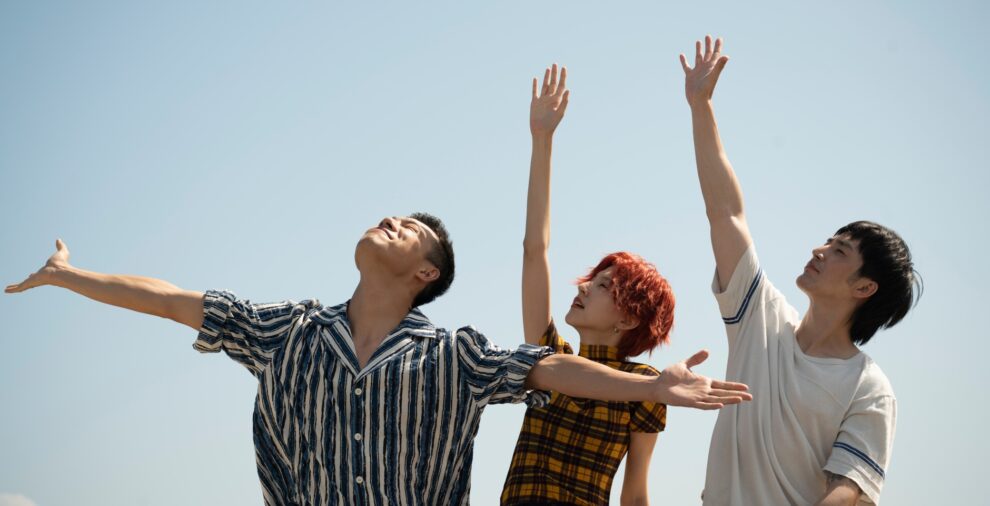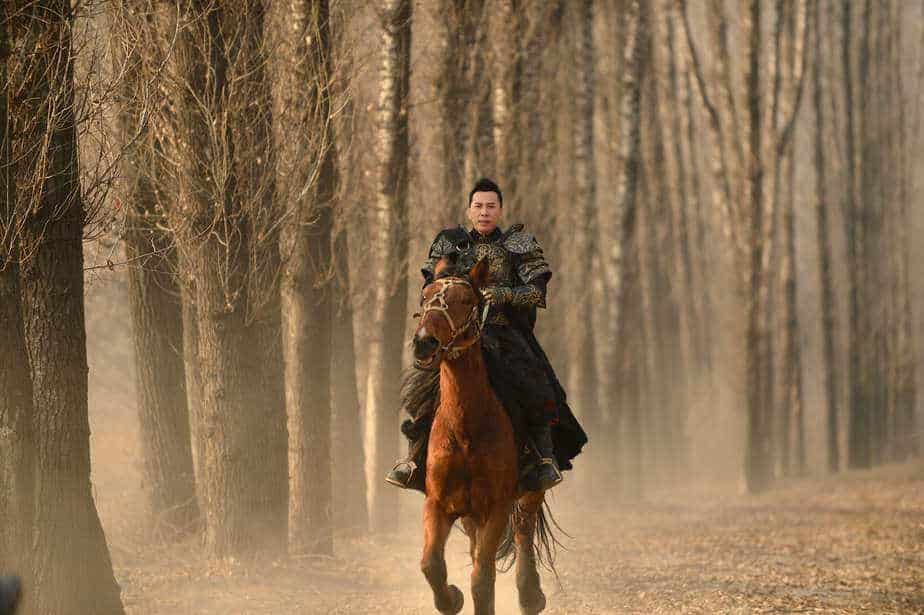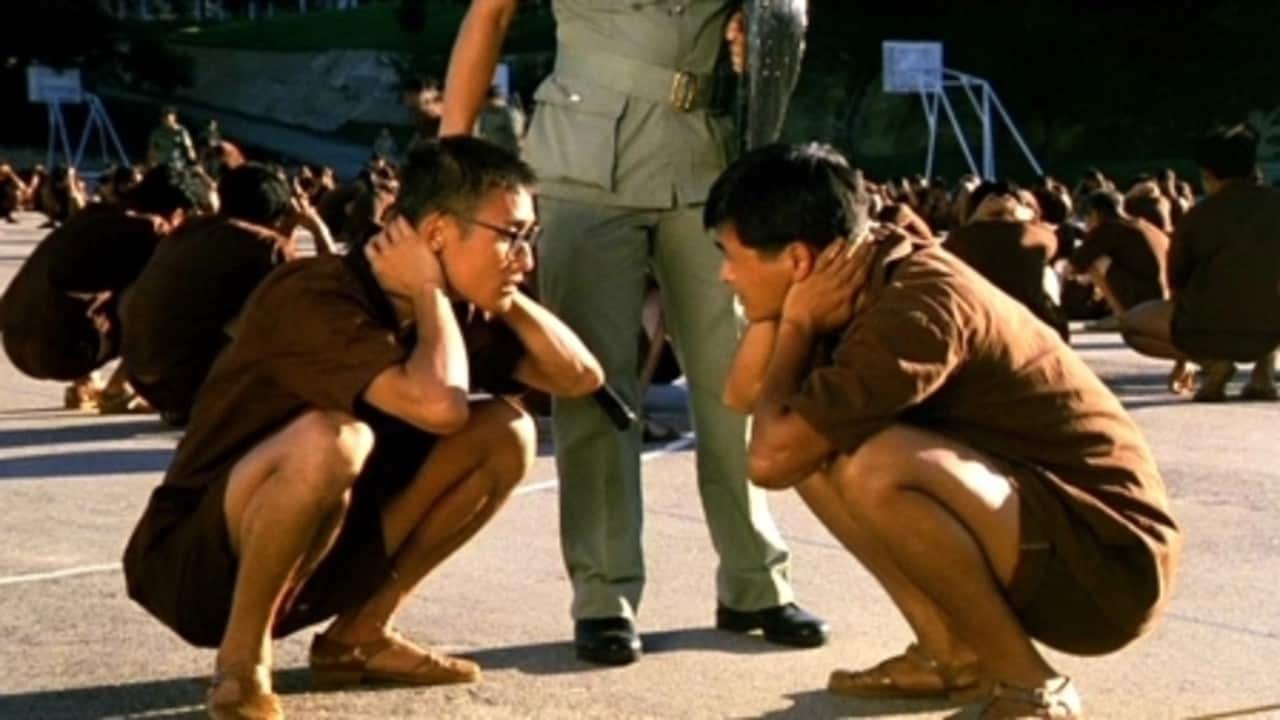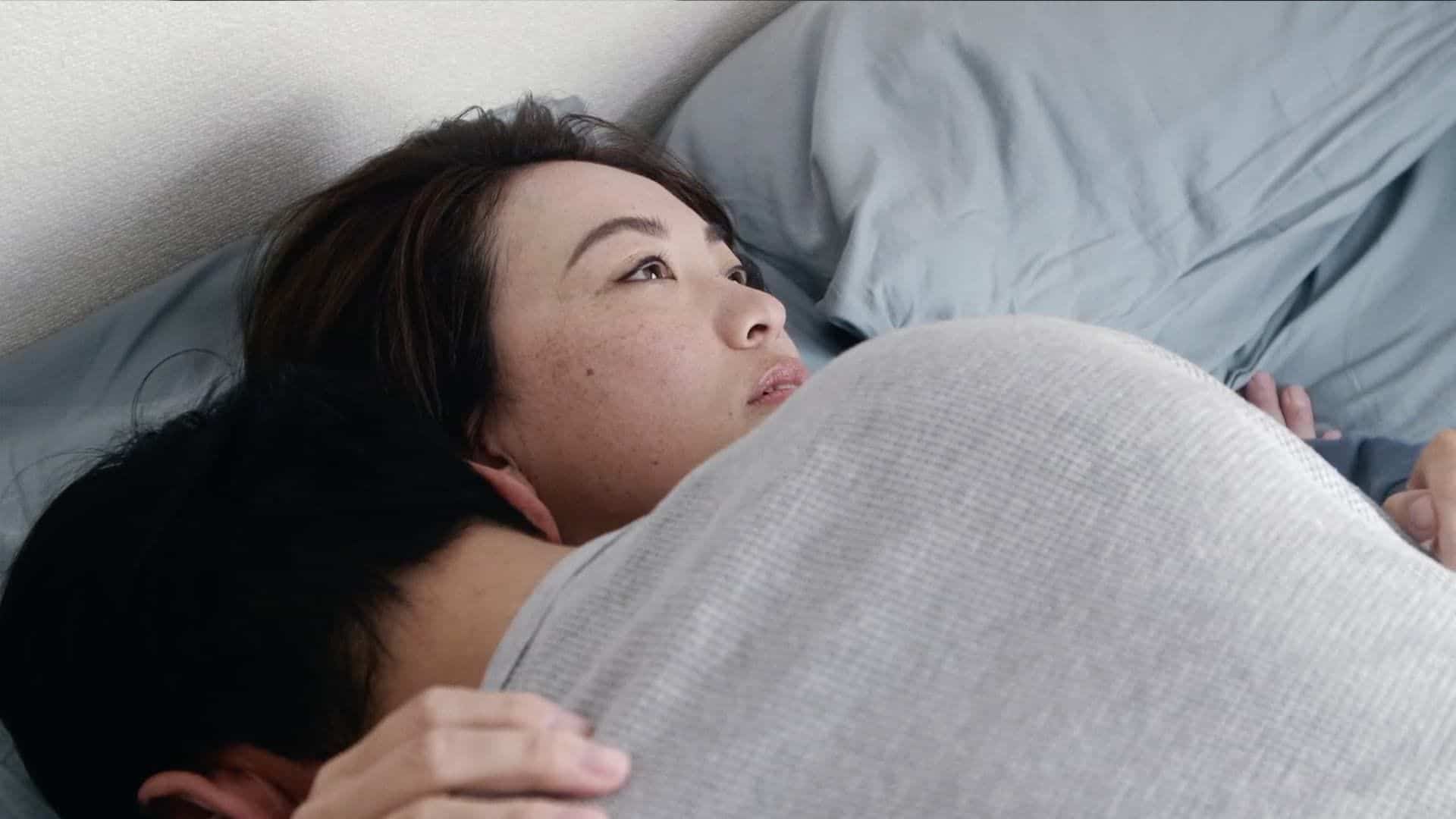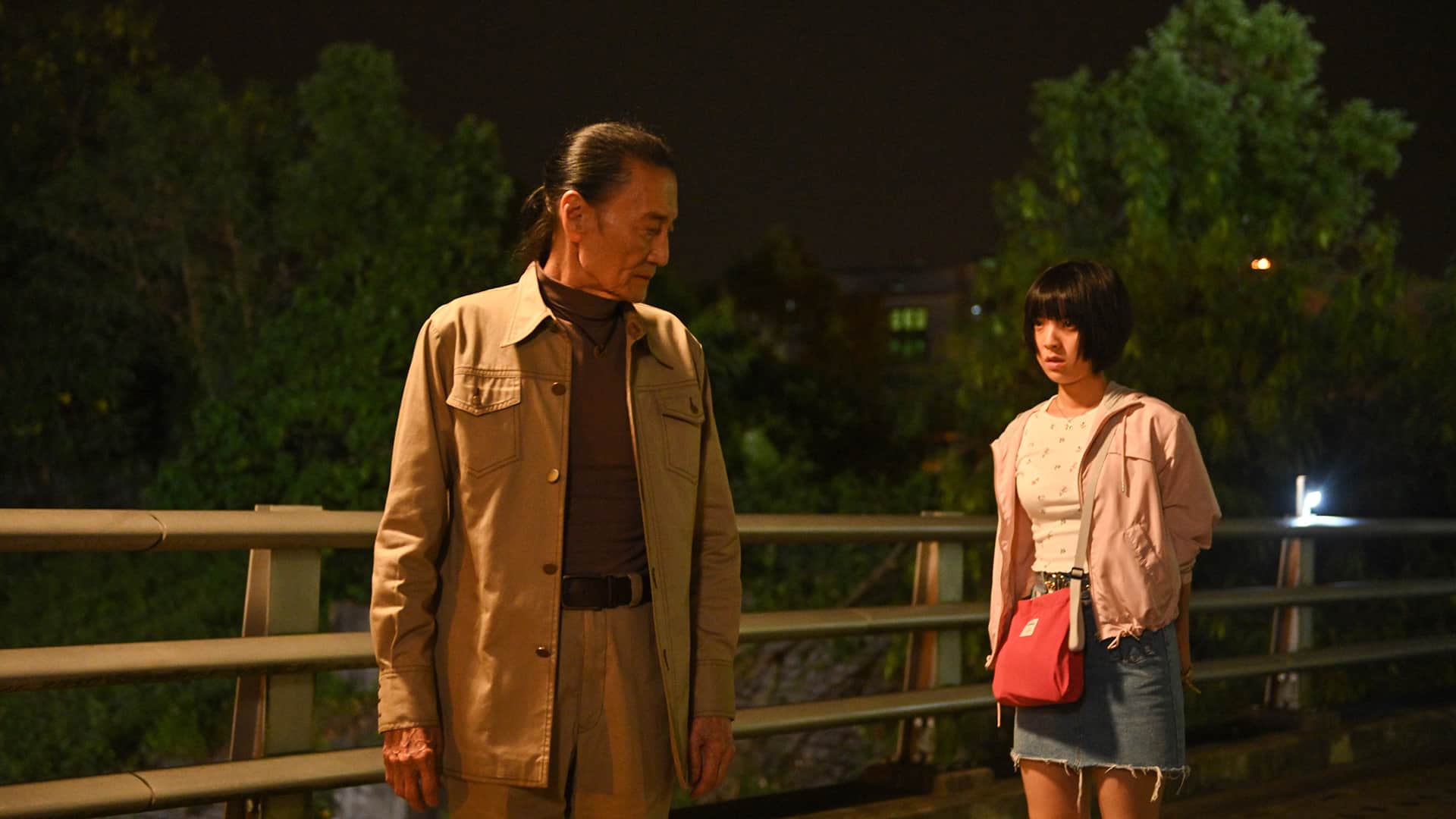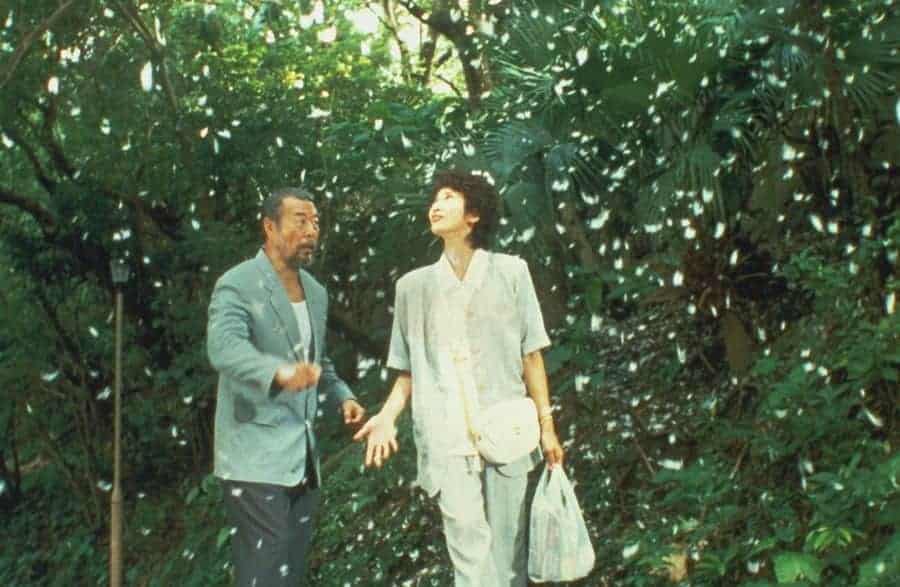After the rather intriguingly erotic “White River”, Ma Xue returns with a completely different movie, “Sonata Wave” which shares some cheeky similarities with its predecessor, namely in the names of the characters, but moves into rather different paths, definitely less surrealistic and definitely not erotic.
Sonata Wave is screening at Jeonju International Film Festival
Wanan, the utopia of surfing enthusiasts, a relatively unknown place, is the basis of the story. Dong Bin has opened a surfing shop there by the sea, where eventually the protagonist of the movie, Xiao Fang, starts working. The young man, however, seems to be on the run from himself, not being able to move beyond his grief and guilt for an accident that took place with his friend when he was still in school. He spends his days doing nothing outside of working, essentially just waiting for time to pass, with no particular purpose. Things change, though, when two individuals his age, Yuan Yong and Yang Fan appear in his shop, searching for a surfing board not to surf, but to take photographs on. An initially aggravated Xiao Fang eventually becomes friends with them, and the three start hanging out, with their relationship finding its zenith in a night out that ends up in a rather eventful karaoke. It turns out that Yuan Yong is trying to escape his parents' arrangements and Yang Fan is looking for a future in a life that seems as vague as Xiao Fang's.
Although the film starts in intensely art-house fashion, focusing on the effort (?) of a young man to move beyond his issues by getting away, the appearance of the two youths changes the whole thing, making the narrative much more approachable and entertaining. Yuan Yong seems to be the exact opposite of Xiao Fang, always cheerful in goofy fashion, with Yang Fan being somewhere between the two in terms of mentality, although definitely eager to have a good time. Ma Xue also seems to imply an erotic triangle of sorts, although not in the usual direction, albeit this slightly queer-like element never fully blooms.
At the same time, there is a twist present here, which adds to the story and the entertainment it offers, but could definitely have been handled in better fashion. The same applies to the ending, which does go into surrealistic/experimental paths, in a way that seems disconnected from the rest of the movie, while meddling with what is actually happening to the story. Qin Yanan's editing, though, finds its apogee in these scenes, and a particular montage that is quite pleasant to watch as much as the corresponding repetition is.
Where the movie truly thrives though, at least in terms of production values, is in Stanley Yu's cinematography, who captures the setting of the beach in the most impressive fashion, with the panoramic shots in particular being rather memorable. Especially the way water is depicted in the movie, makes it one of the protagonists of the story, in another rather memorable visual element here. Also of note is the way the sole action scene of the movie is shot, while the many close-ups add a European element to the visuals, which adds to their diversity in a fashion that is definitely pleasant to the eye.
Wu Xeihao as Xiao Fang plays the morose, laconic young man convincingly, with the way he changes through the interactions with the two newcomers being quite appealing to watch. The moments he jokes are probably the high point of the movie in terms of entertainment. Huang Yan plays the pretty boy who is also a kind of a clown with gusto, as Yuan Yong, while Wang Yueyi is the most pleasant presence in the whole movie as the delightful Yang Fan. The scene where she is somewhat jealous is the most adorable in the whole movie.
Despite the fact that it becomes evident that Ma Xue was not sure where to take her narrative, which is surrealistic, arthouse and mainstream on different occasions throughout its duration, the end result of “Sonata Wave” is quite appealing to the eye and rather entertaining, and will definitely make its viewers smile, even though its basis is dramatic. On a personal note, and considering how different her two feature works are, I am quite curious to see where her filmmaking takes her next.


